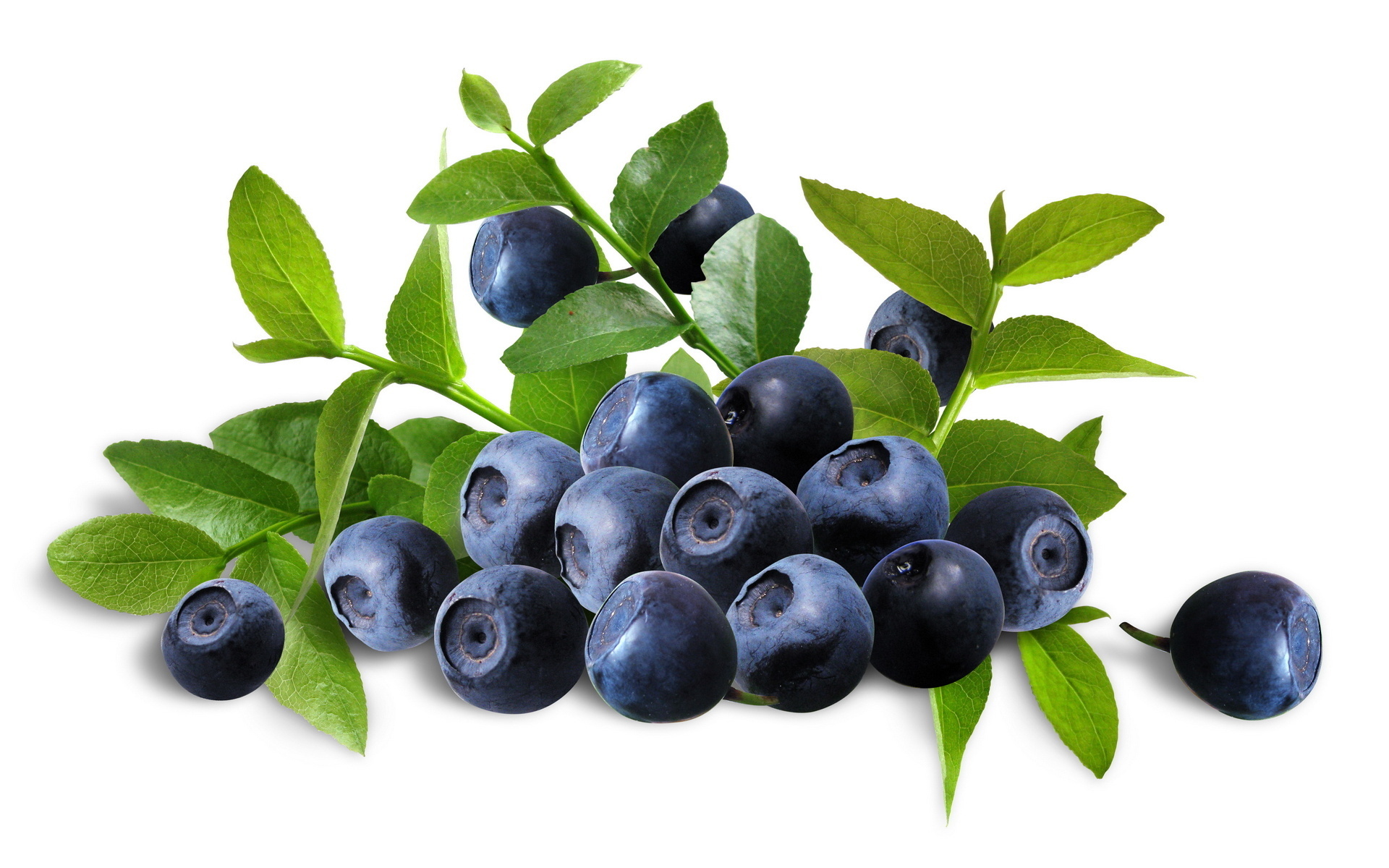(CNN) — From allergies to insomnia, there’s a pill for just about every problem. The problem is, those pills often come with a lengthy list of potential side effects.
And in the quest to cure what ails us as quickly as possible, those warnings are too often overlooked.
A new study, published Monday, offers the most definite proof yet of what scientists have known for at least a decade: that anticholinergic drugs (PDF) are linked with cognitive impairment and an increased risk of dementia.
Though you may have never heard of this class of drug, you’ve certainly heard of the medications themselves, including Benadryl, Demerol, Dimetapp, Dramamine, Paxil, Unisom and VESIcare. They are sold over the counter and by prescription as sleep aids and for chronic diseases including hypertension, cardiovascular disease and chronic obstructive pulmonary disease (COPD).
The new study is the first to examine the physical changes that serve as the catalyst for cognitive decline. Using brain imaging techniques, researchers at the Indiana University School of Medicine found (PDF) lower metabolism and reduced brain sizes among study participants taking anticholinergic drugs.
“These findings provide us with a much better understanding of how this class of drugs may act upon the brain in ways that might raise the risk of cognitive impairment and dementia,” said Shannon Risacher, an assistant professor of radiology and imaging sciences.
The study looked at 451 people, with an average age of 73. Sixty of them were taking at least one medication with medium or high anticholinergic activity. To identify physical and physiological changes that could be associated with the reported effects, researchers assessed the results of memory and cognitive tests; PET scans, to measure brain metabolism; and MRI scans, to assess brain structure.
The cognitive tests revealed that people taking anticholinergic drugs performed worse on short-term memory tests and some tests of executive function, including verbal reasoning, planning and problem-solving.
Anticholinergic drug users also showed lower levels of glucose metabolism — a biomarker for brain activity — both in the brain overall and in the hippocampus, a region of the brain associated with memory and which has been identified as affected early by Alzheimer’s disease. The participants using anticholinergic drugs were also found to have reduced brain volume and larger ventricles, the cavities inside the brain.
“These findings might give us clues to the biological basis for the cognitive problems associated with anticholinergic drugs, but additional studies are needed if we are to truly understand the mechanisms involved,” Risacher said.
A 2013 study by scientists at the Indiana University Center for Aging Research (PDF) found that drugs with a strong anticholinergic effect cause cognitive problems when taken continuously for as few as 60 days. Drugs with a weaker effect could cause impairment within 90 days.
“Given all the research evidence, physicians might want to consider alternatives to anticholinergic medications, if available, when working with their older patients,” Risacher said.
Never start or stop taking a medication without first consulting your doctor.















